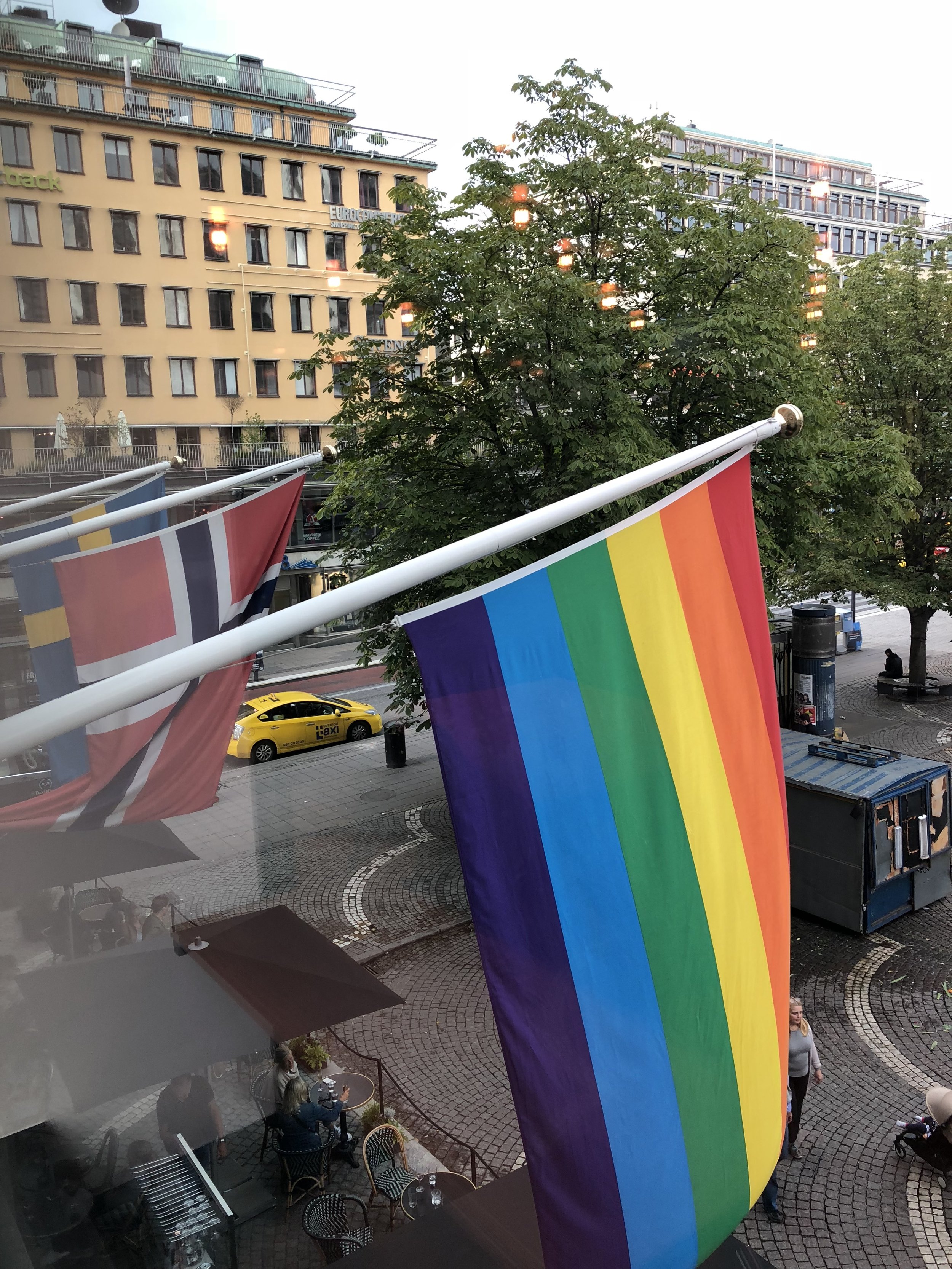In celebration of Pride month, I wanted to take a moment to celebrate some of the most pro-gay countries on Earth. The world has come a long way in terms of LGBTQ rights and acceptance, and some countries are leading the charge when it comes to being gay-friendly. These countries have policies, laws, and cultural attitudes that make them safe and welcoming places for LGBTQ people to live and thrive. Here are the top 10 most gay-friendly countries in the world, based on scoring from the ILGA-Europe annual Rainbow Index.
1. Canada
Canada takes the top spot as the most gay-friendly country in the world. The country has non-discrimination laws that protect LGBTQ people in all aspects of life, including employment, housing, and healthcare. Canada was also the first country in the Americas to legalize same-sex marriage, back in 2005. The country has a vibrant LGBTQ community, and Pride celebrations are held in many cities across the country.
2. The Netherlands
The Netherlands is often seen as a trailblazer when it comes to LGBTQ rights. The country legalized same-sex marriage in 2001, and has since been at the forefront of LGBTQ activism. The Netherlands has comprehensive anti-discrimination laws that protect LGBTQ people from discrimination in all areas of life. The country also offers gender-neutral passports and has prominent LGBTQ communities in cities like Amsterdam.
3. Sweden
Sweden is known for its progressive policies, and its stance on LGBTQ rights is no exception. The country legalized same-sex marriage in 2009 and has laws prohibiting discrimination based on sexual orientation. Sweden is also home to many LGBTQ organizations and events, including Stockholm Pride, one of the largest Pride celebrations in Europe.
4. Norway
Norway is a leader in LGBTQ equality in the Nordic region. The country legalized same-sex marriage in 2009 and offers protection against discrimination based on sexual orientation and gender identity. Norway also has a strong LGBTQ community, with Pride events held in major cities across the country.
5. Spain
Spain is a popular destination for LGBTQ travelers, and for good reason. The country legalized same-sex marriage in 2005 and has non-discrimination laws that protect LGBTQ individuals. Spain is also home to many LGBTQ tourism initiatives and organizations.
6. Portugal
Portugal is often seen as one of the most gay-friendly countries in southern Europe. The country legalized same-sex marriage in 2010 and has anti-discrimination laws that protect LGBTQ people. Portugal is also home to many LGBTQ events and organizations, including the Lisbon Gay and Lesbian Film Festival.
7. Belgium
Belgium is a small but progressive country when it comes to LGBTQ rights. The country legalized same-sex marriage in 2003 and has anti-discrimination laws that protect LGBTQ individuals. Belgium is also home to a thriving LGBTQ community, with Pride celebrations held in many cities across the country.
8. Iceland
Iceland is often seen as a model for progressive policies, and it is not surprise that it has a very embracing stance on LGBTQ rights. The country legalized same-sex marriage in 2010 and has anti-discrimination laws that protect LGBTQ individuals. Iceland also has a strong LGBTQ community, with Pride celebrations held in Reykjavik each year.
9. Denmark
Denmark is known for its liberal attitudes and progressive policies. The country legalized same-sex marriage in 2012 and has anti-discrimination laws that protect LGBTQ individuals. Denmark also has a thriving LGBTQ community, with Pride events held in major cities across the country.
10. France
France is often seen as a bastion of European culture and progressive values, and it has a relatively strong record when it comes to LGBTQ rights. The country legalized same-sex marriage in 2013 and has anti-discrimination laws that protect LGBTQ individuals. France is also home to a thriving LGBTQ community, with many Pride celebrations held across the country.
These countries are leading the way when it comes to creating safe and welcoming environments for LGBTQ individuals. While there is still work to be done in terms of achieving global equality, these nations serve as shining examples of what can be achieved when societies embrace diversity and inclusion.




Leave a Reply